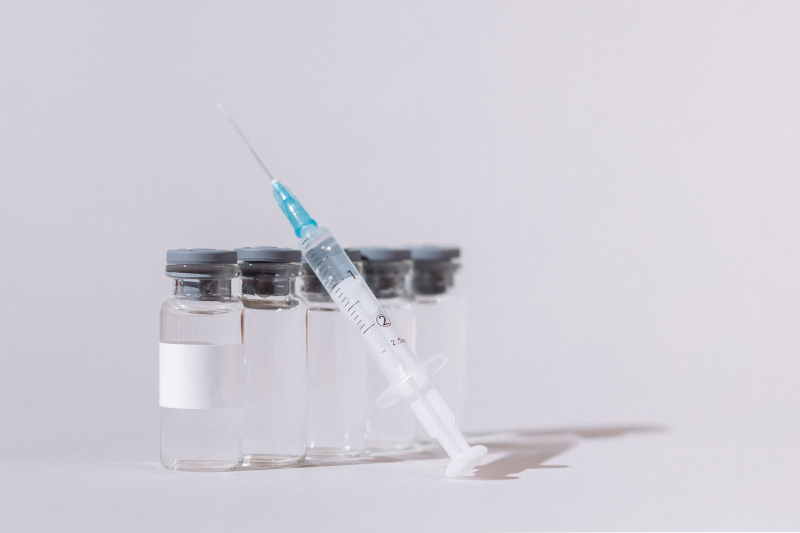Who should not receive Vivitrol?

If you are using or have a physical reliance on opioid-containing medications or opioid street drugs such as heroin, do not use Vivitrol. Your healthcare provider may give a tiny injection of naloxone to test for physical dependence on opioid-containing medicines or street drugs. This is referred to as a naloxone challenge test. If you have opioid withdrawal symptoms after the naloxone challenge test, do not begin Vivitrol treatment at that time. After you have stopped taking opioids, your healthcare provider may repeat the test to determine whether it is safe to begin Vivitrol.
If you are experiencing opioid withdrawal symptoms, do not use Vivitrol. When you have been taking opioid-containing medicines or opioid street drugs after a long period of use and then stop, you may experience withdrawal symptoms. Anxiety, sleeplessness, yawning, fever, sweating, teary eyes, runny nose, goose bumps, shakiness, hot or cold flushes, muscle aches, muscle twitching, restlessness, nausea and vomiting, diarrhea, or stomach cramps are all symptoms of opioid withdrawal.
If you are allergic to naltrexone, any of the ingredients in Vivitrol, or the liquid used to combine Vivitrol, do not take it. To determine the best course of action, always check with your healthcare professional before initiating any treatment.









